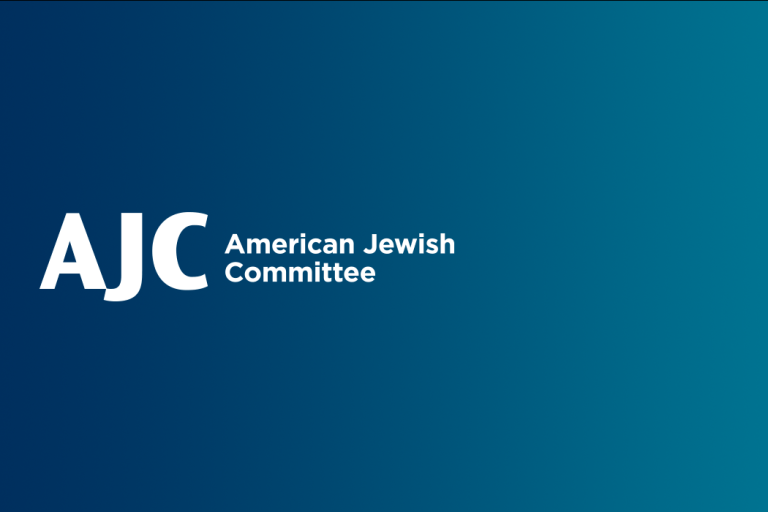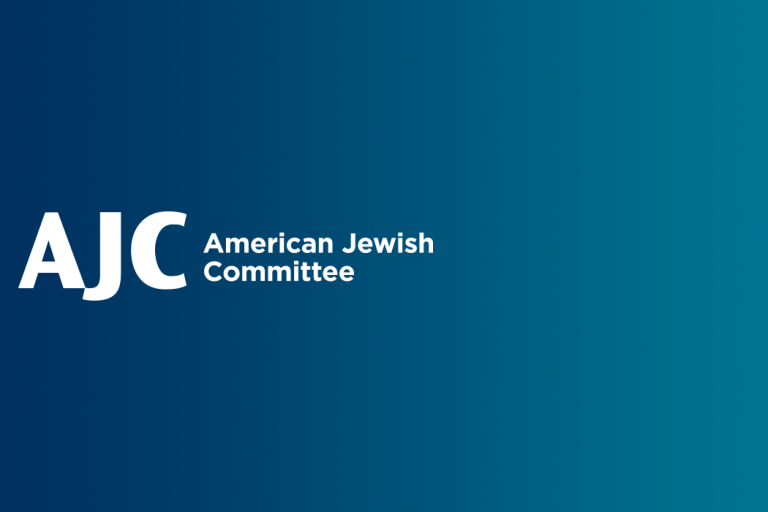February 12, 2020 — New York
AJC blasted the discriminatory “blacklist” released today by the UN High Commissioner for Human Rights of Israeli and international companies that have business activities in the West Bank and eastern Jerusalem.
“The world body’s endless hypocrisy and double standards toward Israel are staggering,” said AJC CEO David Harris. “Of all the situations in the world in which territory is disputed, the UN chooses only to focus on Israel. Why? We call on Secretary General Guterres to denounce this outrageous assault on the Jewish state.
Preparation of the list of 112 business entities was mandated by a 2016 Human Rights Council (UNHRC) resolution. The council, since its establishment in 2006, has repeatedly singled out and censured Israel, while ignoring massive human rights violations in other parts of the world. Most egregious is the Council’s agenda item 7, as it subjects Israel to separate scrutiny in a way not done for any of the other 192 UN member states, including the world’s serial human rights violators, some of whom actually sit in the UNHRC.
“We urge those principled Human Rights Council member states to reject this blacklist, which evokes echoes of Nazi-triggered boycotts and blacklists against Jews, when they convene later this month,” said Harris. “This initiative should never have received the support of governments seeking to encourage the parties to the Israeli-Palestinian conflict to engage in direct negotiations and pursue an enduring two-state accord.”
Release of the blacklist comes amidst persistent efforts by the BDS movement, a global initiative to boycott, divest from, and impose sanctions on Israel. The BDS movement, which rejects Israel’s very existence, will no doubt use the UN database to intensify its policy of intimidating companies that do business in or with Israeli population centers in the West Bank, eastern Jerusalem, and the Golan – a first step in its strategy to boycott all Israeli goods.
The database initiative, as seen in previous boycott efforts targeting Israel, would hurt not only the listed companies, but also inflict economic hardships on hundreds of thousands of Palestinians in eastern Jerusalem and the West Bank, who earn their livelihood as employees of such companies or depend on their services and products as consumers.
“The long history of the Arab boycott of Jewish manufactured products and goods, first launched by the Arab League in 1945 – three years before Israeli independence – to weaken the Jewish state, and maintained during the Arab-Israeli conflict, never produced positive results. Its attempted revival in the form of a UN ‘database’ is counterproductive to the goals of securing an enduring peace and sustainable development in the region,” said Harris.


